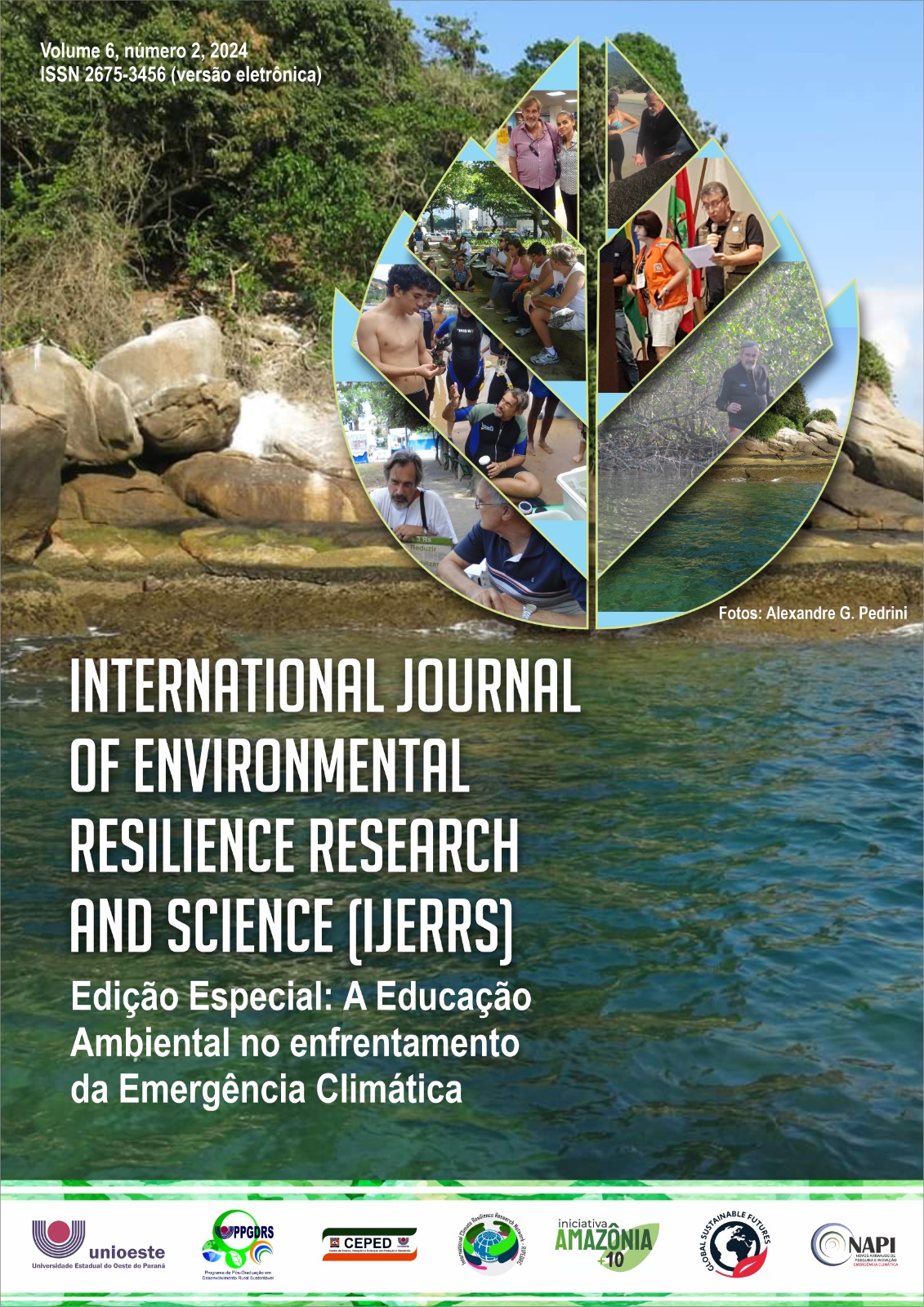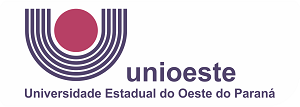The role of the Environmental Education in tackling the Climate Emergency and biodiversity decline: articulating Brazilian experiences
DOI:
https://doi.org/10.48075/ijerrs.v6i2.33481Abstract
Abstract: The transition to more sustainable societies is permeated by interests, conflicts, and predatory use of natural resources, generating vulnerability, socio-environmental injustice, and poverty. Considering that we are living in an era of uncertainty and multiplication of complex and wicked issues due to the prevailing logic of society, there is an urgent and unquestionable need to re-think educational paradigms, considering the need to redesign actions within transitional and transformational perspectives. This work describes and analyzes two educational experiences related to central and connected socio-environmental challenges: biodiversity loss and climate emergency. Both experiences encompass ways created to empower teachers to understand the complexity and create paths for action, highlighting the crucial role of participation and cooperation among different social institutions such as Governmental, Universities and NGOs. The challenge is to build communities as territory transformative agents in the use of active learning methodologies that promote meaningful knowledge from a perspective of the global South.
Key Words: Social learning. Sustainable societies. Climate schools. Teacher training.
Downloads
Published
How to Cite
Issue
Section
License
Copyright (c) 2024 International Journal of Environmental Resilience Research and Science

This work is licensed under a Creative Commons Attribution-NonCommercial-ShareAlike 4.0 International License.
Aviso de Direito Autoral Creative Commons
Política para Periódicos de Acesso Livre
Autores que publicam nesta revista concordam com os seguintes termos:
1. Autores mantém os direitos autorais e concedem à revista o direito de primeira publicação, com o trabalho simultaneamente licenciado sob a Licença Creative Commons Attribution que permite o compartilhamento do trabalho com reconhecimento da autoria e publicação inicial nesta revista.2. Autores têm autorização para assumir contratos adicionais separadamente, para distribuição não-exclusiva da versão do trabalho publicada nesta revista (ex.: publicar em repositório institucional ou como capítulo de livro), com reconhecimento de autoria e publicação inicial nesta revista.
3. Autores têm permissão e são estimulados a publicar e distribuir seu trabalho online (ex.: em repositórios institucionais ou na sua página pessoal) a qualquer ponto antes ou durante o processo editorial, já que isso pode gerar alterações produtivas, bem como aumentar o impacto e a citação do trabalho publicado (Veja O Efeito do Acesso Livre).
Licença Creative Commons
Esta obra está licenciada com uma Licença Creative Commons Atribuição-NãoComercial-CompartilhaIgual 4.0 Internacional, o que permite compartilhar, copiar, distribuir, exibir, reproduzir, a totalidade ou partes desde que não tenha objetivo comercial e sejam citados os autores e a fonte.









